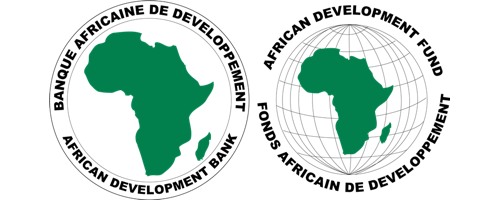The Future of Work: Regional Perspectives discusses the impact of the Fourth Industrial Revolution on labour markets across the globe
Abidjan, Côte d’Ivoire, April 24, 2017 – Rapid technological progress provides a golden opportunity for emerging and developing economies to grow faster and attain higher levels of prosperity. However, some disruptive technologies could displace human labour, widen income inequality and contribute to greater informality in the workforce. Tapping new technologies in a way that maximizes benefits, mitigates adverse effects and shares benefits among all citizens will require public-private cooperation and smart public policy.

That is one of the main conclusions of a new study, The Future of Work: Regional Perspectives, released Thursday, April 19 by four regional multilateral development institutions: the African Development Bank (AfDB), the Asian Development Bank (ADB), the European Bank for Reconstruction and Development (EBRD) and the Inter-American Development Bank (IDB).
The study explores the potential impact of technology in global labour markets and identifies concrete actions countries can take to prepare for the changing nature of jobs and leverage the benefits of emerging technologies.
The Future of Work: Regional Perspectives analyzes the challenges and opportunities presented by artificial intelligence, machine learning, and robotics in what is known as the Fourth Industrial Revolution. Potential challenges include increased inequality and the elimination of jobs, as well as the high degree of uncertainty brought about by technological change and automation. The greatest opportunities come from gains in economic growth that can result from increased productivity, efficiency, and lower operating costs.
The study includes chapters focusing on how new technological developments already are affecting labour markets in each region.
In Africa, the study notes that some transformation policies that show good promise in Africa are agriculture-driven transformation, local content and local participation, modernizing the services sector, export-oriented manufacturing, and enhancing infrastructure. Fourth Industrial Revolution (4IR) technologies – including information and communication technologies, artificial intelligence (AI), machine learning, and robotics – will play an increasingly important role in Africa’s economic transformation in these areas. Africa is already the world’s second-largest mobile phone market, and the pool of mostly young, successful entrepreneurs using these technologies is growing.
Yet while Africa will surely face the disruptions – for better or worse – associated with 4IR, the region currently is ill-prepared to take advantage of the unique opportunities that will come with those challenges. Across the region, employers identify inadequately skilled workers as a major constraint to their businesses. Job creation and growth strategies need to be revisited so that they can address the opportunities and challenges presented by 4IR. Africa especially needs to address the problem of youth unemployment.
The publication was launched at the Inter-American Development Bank headquarters with a panel discussion featuring African Development Bank Senior Vice-President Charles Boamah representing African Development Bank President Akinwumi Adesina, alongside the Presidents of the three other regional development banks leading the study: Luis Alberto Moreno (IDB), Takehiko Nakao (ADB), and Suma Chakrabarti (EBRD).
